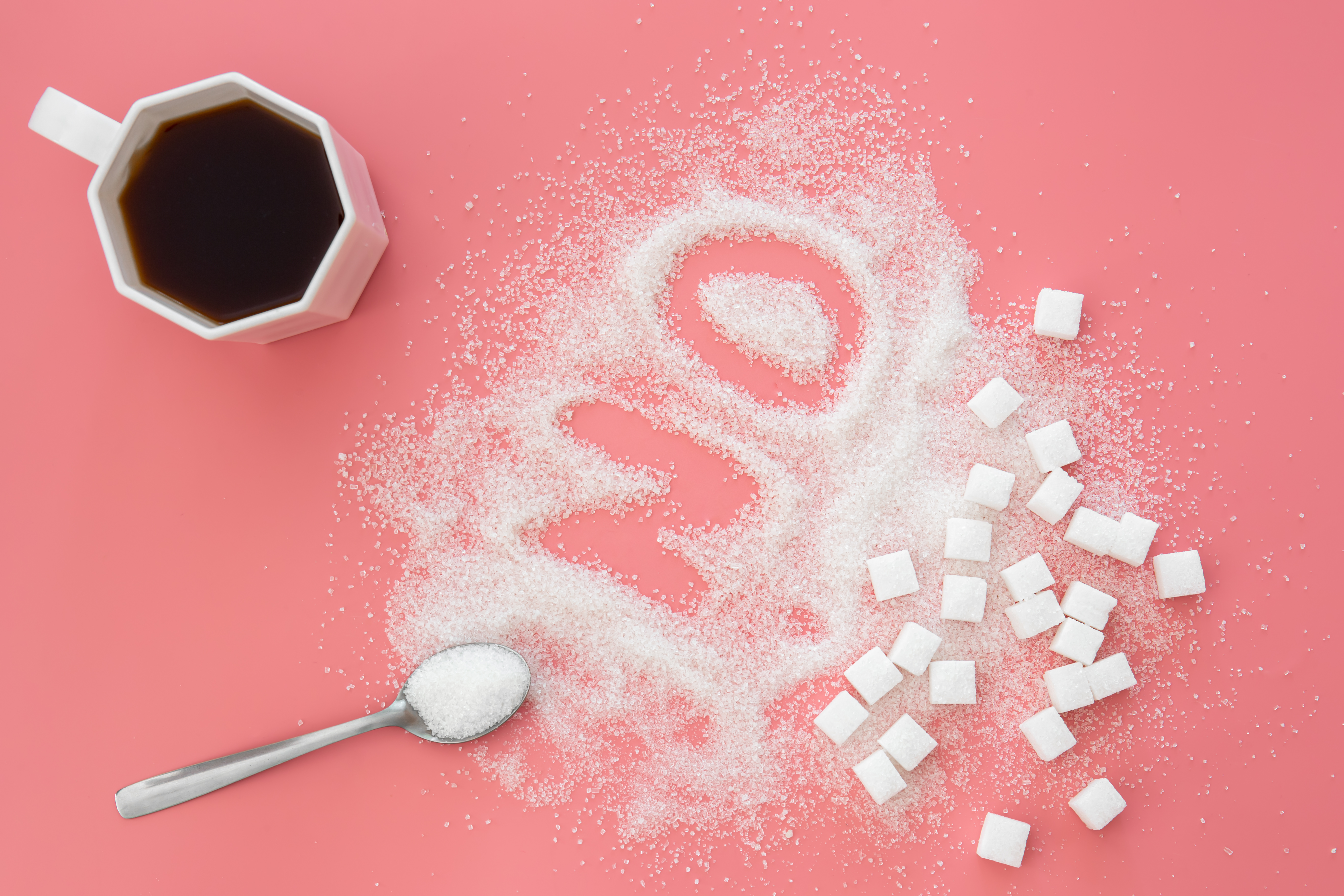In today’s fast-paced world, our food choices often lean towards convenience over quality. This shift has contributed to an alarming rise in prediabetes, a condition where blood sugar levels are elevated but not high enough to be classified as diabetes. What’s more concerning is that some of the most harmful ingredients linked to prediabetes are hidden in everyday food items.
The Hidden Epidemic: Rise in Prediabetic Cases
Prediabetes affects millions people globally, with the numbers rising steadily each year. This condition often flies under the radar, as symptoms are subtle or nonexistent. The culprits? Highly processed foods, misleading labels, and a lack of consumer awareness. Understanding what goes into your food is the first step toward prevention.
Unmasking Hidden Sugars and Refined Carbs
When we think of sugar, candies and desserts come to mind. However, hidden sugars lurk in surprising places:
- Breakfast Essentials: Frequently laced with preservatives like BHT (INS 321) and BHA (INS 320), many options also contain sugars such as High Fructose Corn Syrup (HFCS), Dextrose, and Maltodextrin, along with artificial sweeteners like Aspartame and Acesulfame-K. Synthetic flavor enhancers like MSG and HVP add to the list.
- Jellies, Jams, and Spreads: These can include preservatives like Propyl Gallate (INS 310) and Sulfites (e.g., INS 222, INS 225, INS 226). Additionally, many spreads use refined oils, artificial flavors, and animal-derived gelatin, raising concerns for those seeking clean, plant-based options.
- Cereals and Muesli: Packaged cereals are often made from refined flour (Maida) or instant oats containing added sugars and additives. Fats like hydrogenated oils and vegetable shortenings further reduce their health quotient.
- Salad Dressings and Condiments: While appearing healthy, these often hide refined sugars, processed jaggery, and additives like HFCS and artificial sweeteners. Some also lack the natural fermentation benefits of unpasteurized apple cider vinegar with "the Mother."
- Bread and Bakery Products: Packaged bread frequently contains artificial seasonings, propylene glycol (E405), and sweeteners like cyclamate (INS 952) and adulterated maple syrup. Many baked goods rely on low-quality oils like palmolein, cottonseed oil, and vegetable shortening, further contributing to poor health outcomes.
- Dips and Sauces: Ketchup, barbecue sauce, and dressings often contain a cocktail of refined sugars, HFCS, maltodextrin, and flavor additives like propylene glycol of fatty esters and L-Glutamic acid.
Refined carbohydrates, such as white bread, pasta, and pastries, quickly convert to sugar in the bloodstream, contributing to insulin resistance, a hallmark of prediabetes.
The Sweet Trap: Artificial Sweeteners
Artificial sweeteners like aspartame, sucralose, and saccharin are marketed as healthier alternatives to sugar. However, studies suggest they can:
- Disrupt Gut Microbiota: Altering gut flora, which plays a crucial role in glucose metabolism.
- Trigger Insulin Response: Even without calories, these sweeteners may signal the body to release insulin, contributing to blood sugar imbalances.
- Increase Cravings: Artificial sweetness can lead to overconsumption of other sugary or processed foods.
Emulsifiers and Additives: Silent Saboteurs
Many processed foods contain emulsifiers and stabilizers to improve texture and shelf life. Substances like polysorbate 80 and carboxymethyl cellulose have been linked to:
- Inflammation: Chronic inflammation is a known precursor to insulin resistance.
- Gut Permeability: Commonly known as “leaky gut syndrome,” this condition disrupts glucose regulation.
- Weight Gain: Additives may interfere with satiety signals, leading to overeating.
Sodium Nitrates and Prediabetes
Found in processed meats like sausages, hot dogs, and deli cuts, sodium nitrates are preservatives that may:
- Increase insulin resistance
- Elevate oxidative stress, damaging pancreatic cells responsible for insulin production
Table of Contents
Easy Swaps for a Healthier Plate

Pic Credits: Freepik
Taking small steps can have a big impact on reducing your risk of prediabetes. Here are some simple swaps:
- Replace refined sugar with raw honey, jaggery, or dates for natural sweetness.
- Opt for whole grains like quinoa, millet, or brown rice instead of refined carbs.
- Choose dressings and sauces made from whole ingredients, or make them at home.
- Substitute processed snacks with nuts, seeds, or fresh fruits.
- For beverages, swap sugary sodas and juices with infused water or herbal teas.
Advocating for Transparency with ThinkPink
Navigating the food aisle can feel overwhelming, especially with misleading labels like “low-fat” or “no sugar added.” This is where initiatives like the ThinkPink Movement step in. ThinkPink champions transparency in labeling, empowering consumers to:
- Recognize hidden nasties in food
- Demand clearer ingredient disclosures
- Choose brands that prioritize health over marketing gimmicks
By joining ThinkPink, you become part of a collective effort to reshape the marketplace and advocate for a future free from harmful additives. Join here.
The Takeaway
Prediabetes is a wake-up call to reassess our relationship with food. By becoming label-savvy and choosing whole, minimally processed ingredients, you can safeguard your health. Remember, small, consistent changes lead to lasting results.
Explore our Diabetes friendly corner to choose the best.
Together, with informed choices and movements like ThinkPink, we can pave the way for a healthier tomorrow, one meal at a time.
Disclaimer: This content is for informational purposes only and not a substitute for professional medical advice. Always consult a healthcare provider before making dietary changes, especially if you have existing health conditions.
References:
Mathur, K., Agrawal, R. K., Nagpure, S., & Deshpande, D. (2020). Effect of artificial sweeteners on insulin resistance among type-2 diabetes mellitus patients. Journal of Family Medicine and Primary Care, 9(1), 69–71
De Siena, M., Raoul, P., Costantini, L., Scarpellini, E., Cintoni, M., Gasbarrini, A., Rinninella, E., & Mele, M. C. (2022). Food emulsifiers and metabolic syndrome: The role of the gut microbiota. Foods, 11(15), 2205




Comments